A landmark initiative by the Safety of Antimalarials in the First Trimester (SAFIRE) consortium has commenced, marking the start of the first-ever Phase 3 clinical trial dedicated to evaluating the safety and efficacy of antimalarial drugs in the early stages of pregnancy.
This pioneering study aims to address a significant gap in medical research and improve treatment options for pregnant women facing malaria.
Funded by the Global Health EDCTP3 Joint Undertaking, a partnership supported by African and European countries along with the European Union, and the Swiss State Secretariat for Education, Research, and Innovation (SERI), SAFIRE's mission is to generate reliable data on antimalarial drugs' effectiveness, safety, and tolerability during the first trimester.
The trial, which incorporates adaptive platform methodologies and social research, is expected to influence future health policies and guidelines.
Recruitment for the study is anticipated to begin in 2025, contingent on data from the MiMBa pregnancy registry and PYRAPREG studies.
Dr Hellen Barsosio, a research scientist specializing in maternal and newborn health at the Kenya Medical Research Institute (KEMRI), and one of the project's scientific co-leads, expressed her enthusiasm for this groundbreaking effort,” she stated
“We are thrilled to begin this first-of-its-kind trial. Pregnant women are typically excluded from clinical trials for fear of causing harm to the mother and the baby she is carrying.
"Determining which antimalarial medicines are efficacious and well tolerated in the first trimester will benefit all women of childbearing age, including those who may be unaware that they are pregnant, by enabling them to take these medicines without risk of causing harm to themselves or their unborn babies.
The health risks of malaria during pregnancy are severe, including miscarriage, stillbirth, preterm delivery, low birthweight, severe maternal anaemia, severe malaria, and maternal mortality.
Despite these risks, treatment options in the first trimester are limited.
Currently, artemether-lumefantrine (AL) is the only WHO-recommended artemisinin-based combination therapy (ACT) for uncomplicated malaria during early pregnancy.
However, emerging drug resistance in several African countries is a growing concern that necessitates diversified treatment options.
To address this issue, the SAFIRE trial will initially compare pyronaridine-artesunate (PA) with AL. PA, another ACT endorsed by WHO for general malaria treatment, has shown promising safety data for both mothers and their newborns in preclinical and clinical studies.
The SAFIRE consortium, established to fill the evidence gap in antimalarial use during early pregnancy, is coordinated by Amsterdam University Medical Center, with scientific co-leadership from the University of Sciences, Techniques and Technologies of Bamako (USTTB) and KEMRI.
Co-sponsored by Medicines for Malaria Venture (MMV) and the Liverpool School of Tropical Medicine (LSTM), the trial will be the first Bayesian adaptive platform trial to assess antimalarial treatments' safety, efficacy, and tolerability during the first trimester, a significant milestone in global health research.
Data from the trial, which will be conducted in Burkina Faso, Kenya, and Mali, will also support the design of future studies targeting other infectious diseases affecting pregnant women in low- and middle-income countries.
Additionally, the trial will incorporate social and implementation research to ensure culturally sensitive recruitment and retention strategies.
Maud Majeres Lugand, Associate Director of Social Research at MMV, highlighted the importance of community engagement.
“Engaging with the community to build trust, and understand possible recruitment barriers like cultural sensitivities as well as women’s concerns about taking medicines in early pregnancy, will be crucial for an ethical and successful enrolment of women in the clinical study,” she explained.
The global health community faces a pressing deadline to meet the 2030 target to end malaria, as outlined in the UN Sustainable Development Goals and WHO’s Global Technical Strategy for Malaria.
Prof. Kassoum Kayentao of USTTB, a scientific co-lead of SAFIRE, emphasized the urgency, stating, “It took 20 years for WHO to recommend AL to treat malaria in the first trimester. There is an urgent need to provide alternative therapeutic options in this very sensitive phase of pregnancy.”
SAFIRE's ultimate goal is to accelerate progress towards malaria elimination, with study findings expected to inform policy design and practical implementation by healthcare practitioners.
"The trial will provide an evidence base to make an additional ACT available for malaria treatment in the first trimester, and also contribute to addressing the lack of equity in enrolling pregnant women in clinical trials,” Prof. Kayentao added.
Dr Michael Makanga, Executive Director of Global Health EDCTP3, emphasized the project's significance, stating, “Malaria during pregnancy can cause serious maternal and newborn health issues. That is why we are supporting this crucial project, SAFIRE, with over €5 million. With an innovative and inclusive adaptive platform trial approach, we hope it will provide sound evidence for the further development of safe and efficient treatment options for pregnant women.”
By bridging the gap in current medical research, the SAFIRE consortium aims to create a safer future for pregnant women worldwide, ultimately contributing to the global effort to eradicate malaria and improve maternal health outcomes.

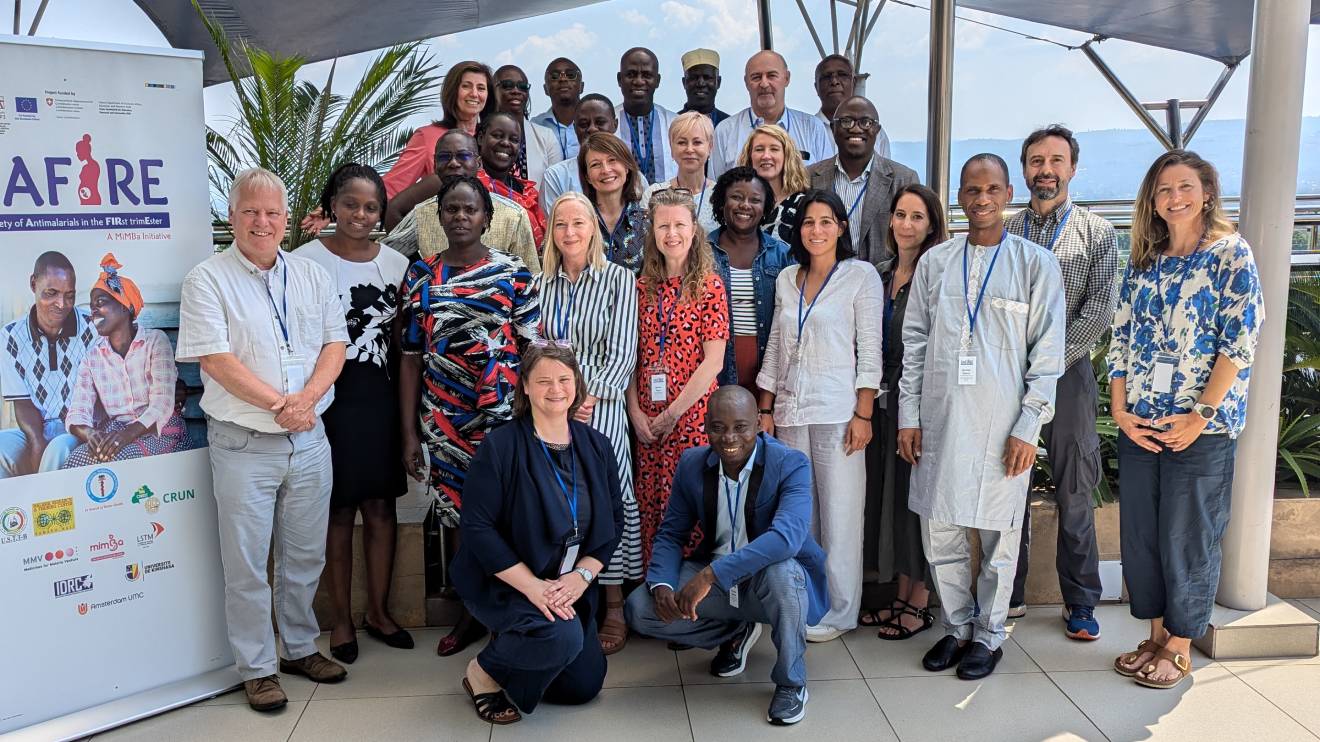

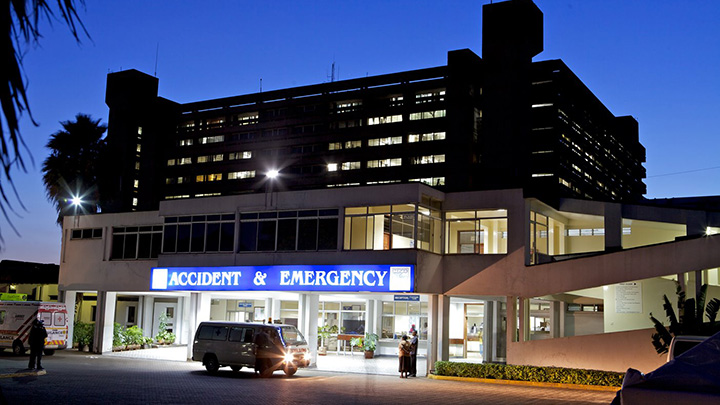
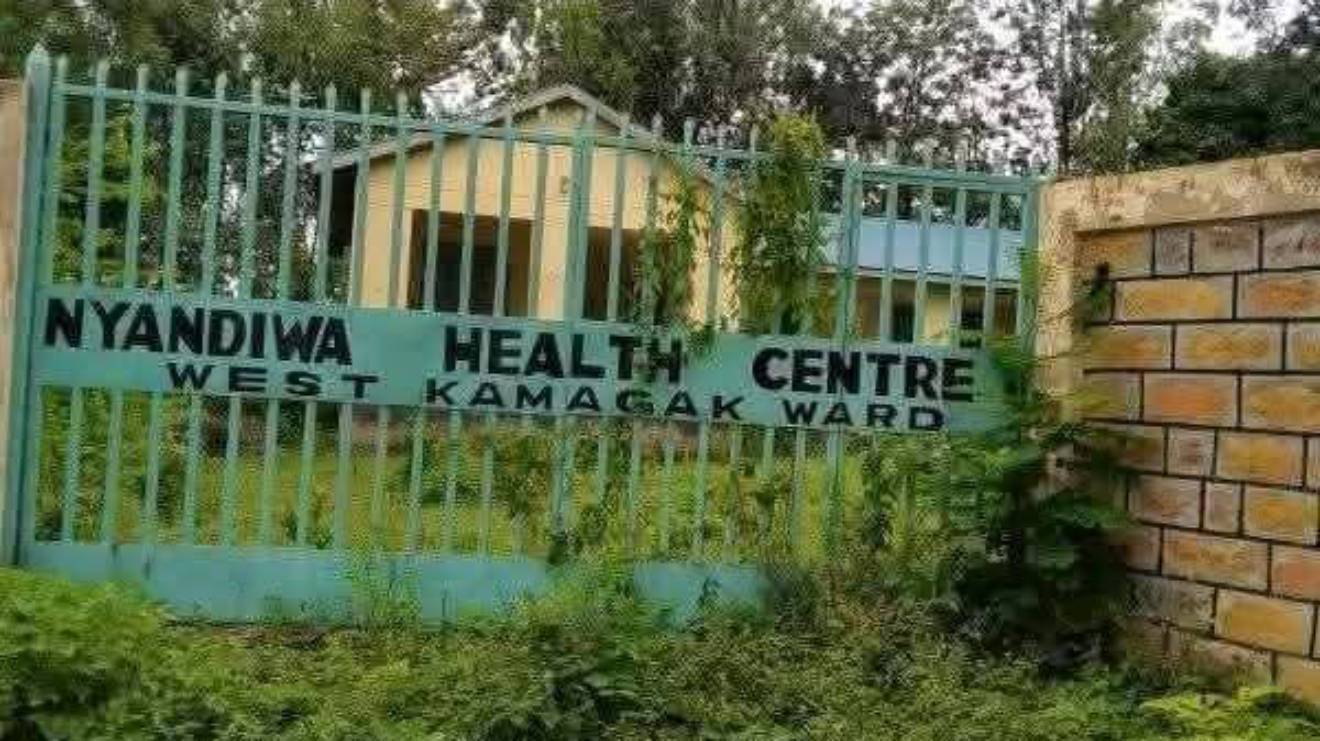
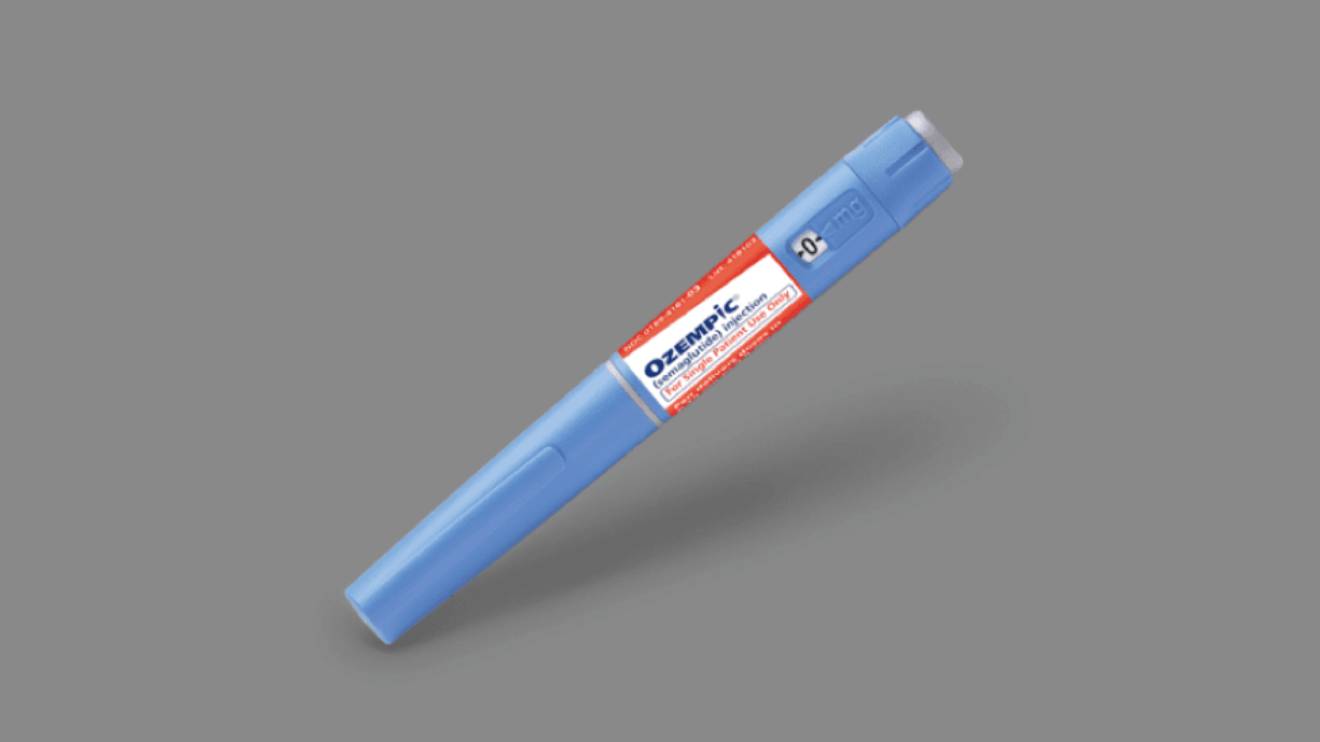
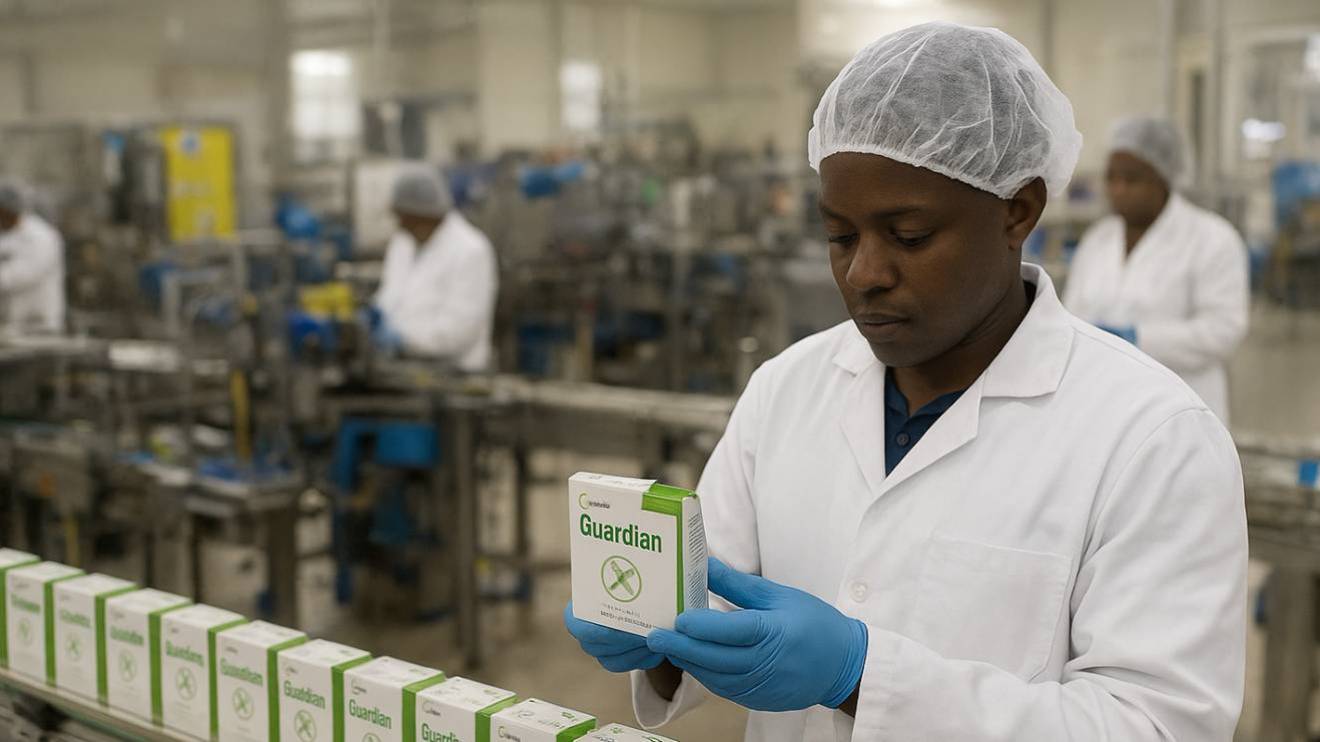
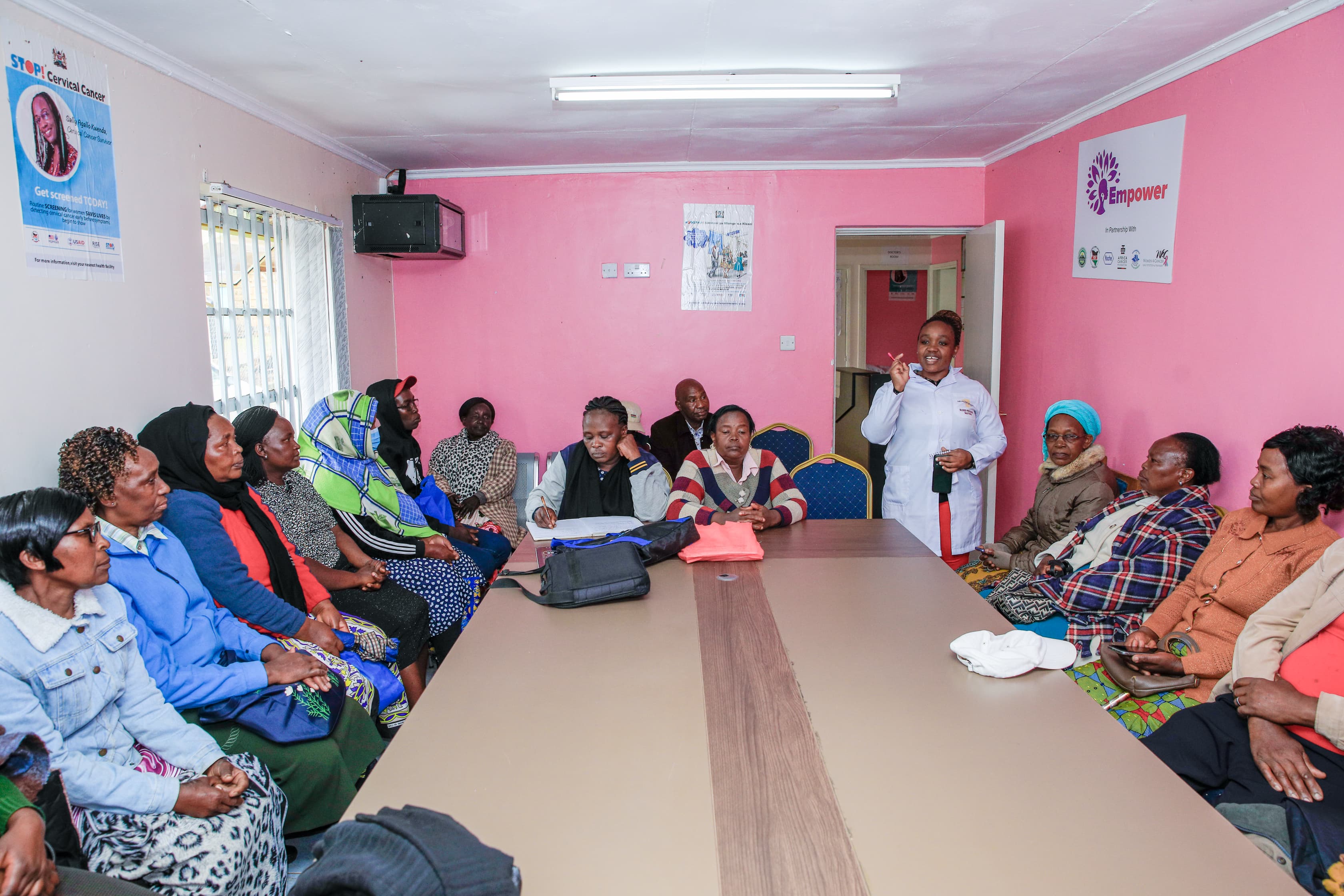

 shares a light moment with the company's Group CEO Dr Patrick Tumbo (right) at a past event-1758121528.jpeg)
-1758116028.jpeg)

